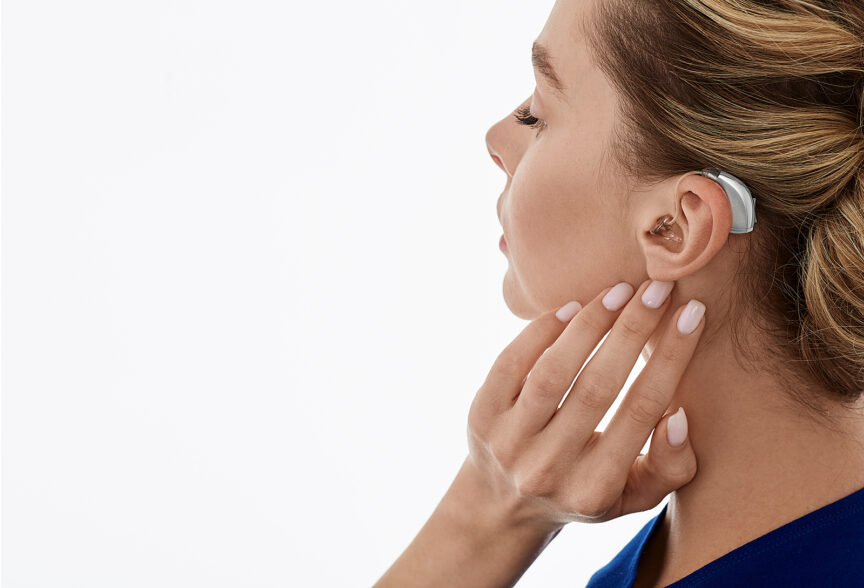- Best Practices for Safely Changing Hearing Aid Batteries - May 6, 2025
- The Connection Between Stress and Tinnitus - April 7, 2025
- Breaking Barriers to Hearing Health with Mobile Audiometric Testing Services - March 3, 2025
The Sad Stats
Studies prove that people with hearing loss are almost twice as likely to experience depression. While that is obviously a very large percentage, many of us might be likely to minimize what a significant number of impacted lives this really means. This is because hearing loss is far more common than many people know. Hearing loss is an invisible disability. You can not tell from looking at someone that they are suffering from hearing loss. And the manner in which the deaf and hard of hearing are portrayed in popular culture is misleading. It is rare to see a character on a television show or movie that suffers from hearing loss and in the rare event that we do, it is likely to be their central defining characteristic. But hearing loss refers to a much more expansive range of disabilities than this common stereotype. And with appropriate treatment maintained with diligence, people who live with hearing loss can live perfectly fulfilled lives.
The problem is that less than 20% of all those who suffer from hearing loss actually keep up with treating it. And among people who do wear hearing aids, studies show that they have waited an average of seven years between first experiencing the symptoms of hearing loss and finally starting to take action by wearing their hearing aids.
Less than three out of every 1,000 births in the U.S. result in someone being born with congenital hearing loss. But about 14% of the population suffers from it. It is impossible to now exact numbers but this is somewhere between 35-45 million Americans. And less than one out of every five of them is treating their hearing loss with the gravity that it deserves. Hearing loss is permanent and irreversible and when left untreated it has profound consequences on one’s overall health and quality of life. This is especially true among the elderly in which hearing loss is actually more common than not. Over half of everyone over the age of 75 has some detectable degree of hearing loss.
The Straight Path from Hearing Loss to Depression
When we consider that hearing loss most often comes on gradually over a number of years, it is simpler to understand why so many people fail to treat it. In the event that someone does recognize that it is happening to them, they are likely to minimize it as an annoying inconvenience. But more often than not the person does not realize that it is happening to them. So consider this trajectory which is sadly so common.
Someone may be completely unaware that they are suffering from hearing loss. Many people read lips without even noticing that they are doing so. And little by little they begin to find socializing fatiguing. They are concentrating extra hard to follow conversations in public spaces with background noise, especially when taking to more than one person at a time. They are probably not even conscious why, but they begin to withdraw socially. And however much or little anyone is accustomed to socializing, when that amount is decreased, obviously it creates a sense of loneliness. And frustration. Of course it is frustrating to feel like one does not have full cognizant awareness of what motivates their own decisions. And this loneliness and frustration easily transforms into depression.
The Impact That Hearing Aids Make in Your Quality of Life
Anyone who has ever survived a spell of depression can attest that it becomes a self-perpetuating cycle. Depression is not only deeply unhealthy on its own, it also motivates anyone suffering from it to give in to more unhealthy impulses.
But the simple preventative measure of keeping up responsibly with one’s hearing health can change all this. Retirement no longer feels lonely when you are happy to spend your new free time engaging with others. All of the small elements that make relationships bloom return in full. You are present for your family and friends. And same as depression is a self-perpetuating cycle, so too is energized engagement in your life.
What a difference it makes to remain sharp and present. What a difference to be present for your grandchild’s giggle. Take that first step today. There is no better way to know exactly how your hearing health measures up than to schedule an exam with one of our specialists today.

